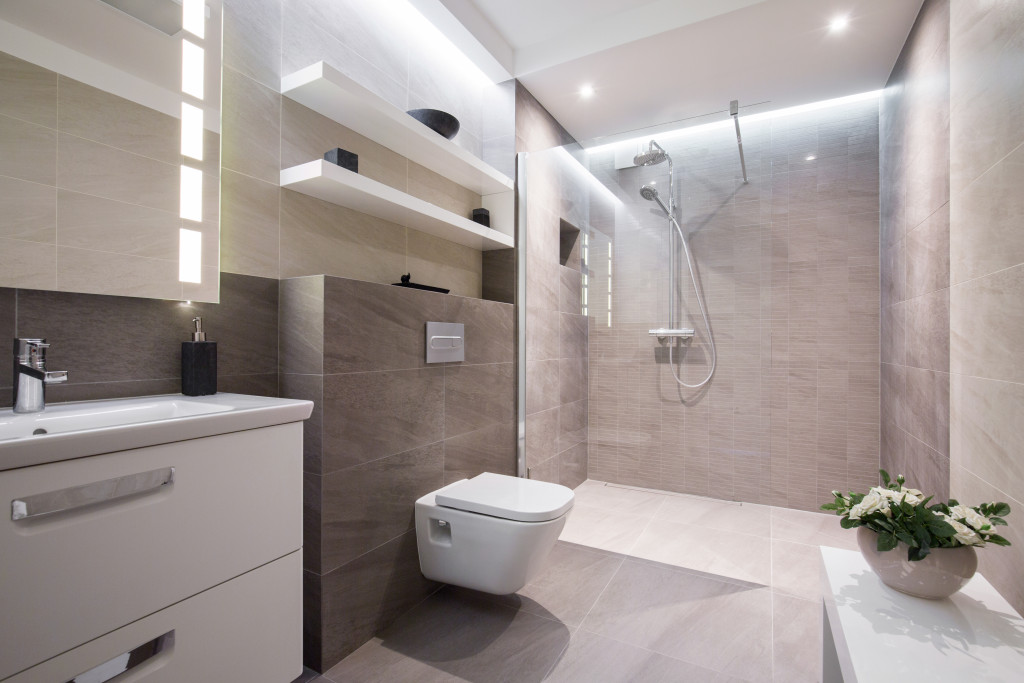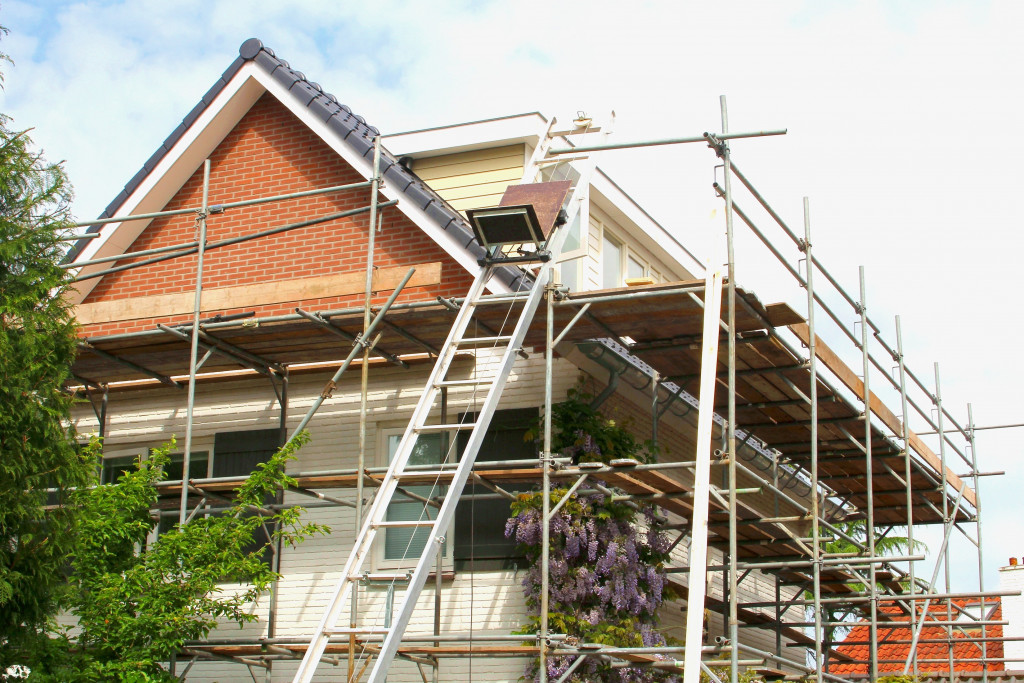Disclaimer: The Lifestyle Elf. This site provides fashion and lifestyle content for informational purposes only.
Home repairs can be expensive and time-consuming, but they are often necessary to maintain your home’s value and keep your family safe. For example, a roof leak can cause severe water damage to your home, leading to mold growth and structural instability. And a broken furnace can be a financial burden and health hazard, particularly for families with young children or pets. That’s why you must build your home for longevity and take steps to reduce the need for home repairs. Here are ways to prolong the life of your home and reduce the need for repairs:
Home Structure
As a homeowner, you are responsible for the upkeep and maintenance of your property. Aside from using quality materials, one of the most important things is having your home professionally inspected every 3 to 5 years for potential problems. This might mean looking for cracks in the foundation or framing, water damage, loose shingles, or other signs of wear and tear. If you catch a problem early, it will be much easier and less expensive to fix.
In addition, be sure to make time to perform regular maintenance tasks, such as caulking and weather-stripping doors and windows, cleaning gutters, and trimming trees and shrubs. Taking these proactive steps can prevent many costly repairs down the road.
Electric Circuits
An electric circuit is a pathway of conductors and other components through which an electric current can flow. Keeping your circuits in good repair is vital to ensure the safety of your home and its occupants. There are a few simple things you can do to reduce the need for repairs:
- Make sure that all electrical components are properly grounded. This will help to prevent shocks and other hazards.
- Use circuit breakers or fuses to protect your circuits from overloads.
- Avoid running multiple appliances on the same circuit at the same time.
Following these simple tips can help keep your electric circuits in good condition, reduce the need for costly repairs, and avoid accidents.

Plumbing
Whether it’s a clogged sink or a leaky pipe, plumbing issues can cause a lot of inconveniences. One way to prevent expensive plumbing repairs is to invest in quality materials. Although it may cost more upfront, using high-quality pipes and fittings will save you money in the long run as they are less likely to break or leak. In addition, hiring a professional to install your plumbing will also ensure that it is installed correctly and won’t cause any future problems. So, if you want to avoid costly plumbing repairs, use quality materials and hire a professional for installation.
Another common plumbing problem is scale buildup. These can often be avoided by using a home water softener system. This system removes minerals from the water that can cause buildup problems. In addition, it can also extend the life of your plumbing by reducing the need for repairs and maintenance. As a result, investing in a water softener system can save you money and time in the long run.
HVAC System
HVAC systems are integral to many homes and businesses, providing essential heating and cooling throughout the year. Unfortunately, these systems can also be quite expensive to repair or replace. Fortunately, there are many things you can do to reduce the need for HVAC repairs. First, be sure to change your system’s filters regularly. This will help to ensure that dirt and dust don’t build up and cause problems. Second, have your system serviced every six months by a qualified technician. This will help to catch any potential issues before they become major problems. Finally, be sure to use your system as efficiently as possible. This means setting the thermostat at an appropriate level and using fans to circulate air when possible. By taking these simple steps, you can help extend your HVAC system’s life.
Appliances
Appliances and electronics are expensive, so you want them to last as long as possible. Read each device’s manual and follow the manufacturer’s recommended maintenance schedule. Making sure you’re using your appliances correctly and as intended will help prevent them from breaking down prematurely. This will help keep your appliances running smoothly and prevent costly repairs or replacements later. However, if your appliances do need repairs, consider whether replacing them would be more affordable compared to repairing them. This is because repeated repair costs can accumulate over time, making you spend more than necessary.
Being proactive regarding your home’s condition can help you better maintain your home with as few repairs as necessary. Ensuring you always set aside time to inspect your home and take care of any maintenance issues can keep you updated on whether your home might need renovations soon or not. Additionally, being responsible with your home can help ensure that any repairs you need will be simple and affordable.

